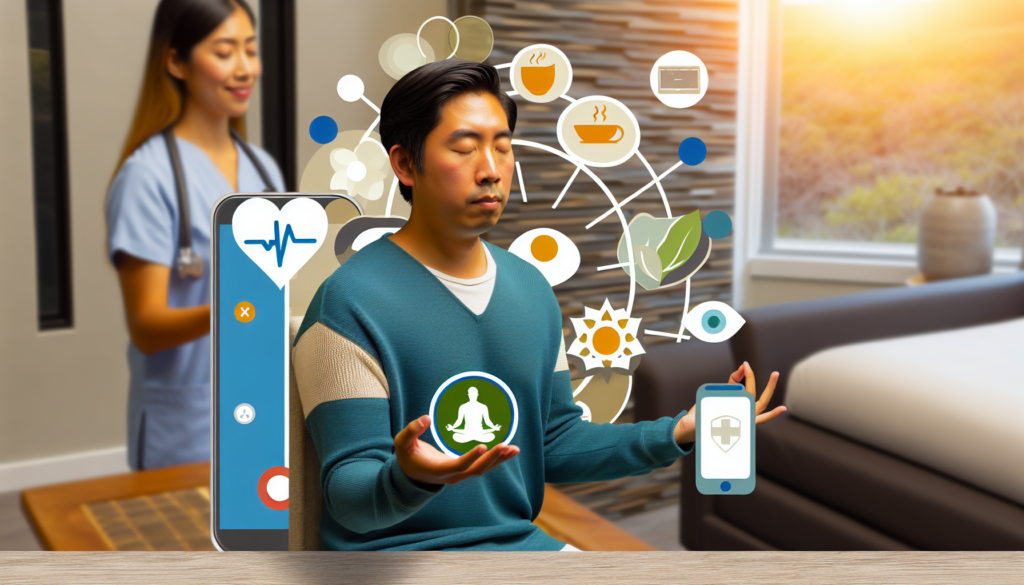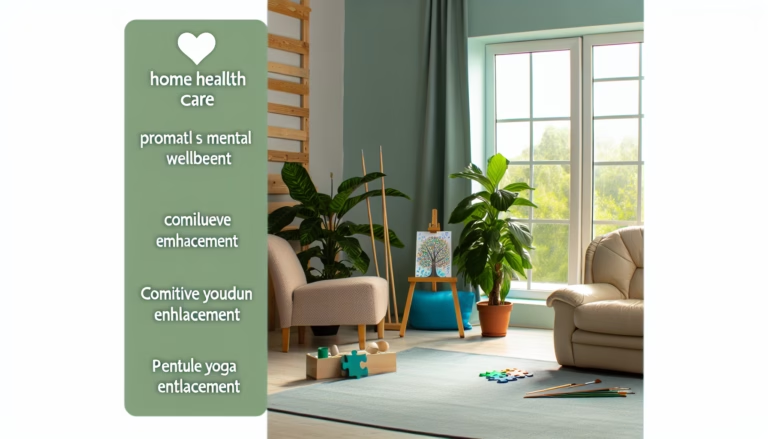Embracing Mindfulness for Enhanced Home Health Care
For those involved in home health care, whether you’re a patient, caregiver, or health enthusiast, life can sometimes seem like a whirlwind of tasks, treatments, and appointments. One way to support overall well-being and improve the quality of health care at home is to incorporate mindfulness techniques into daily routines. Mindfulness involves maintaining a moment-by-moment awareness of our thoughts, feelings, bodily sensations, and surrounding environment. It’s a technique that can help reduce stress, boost mental clarity, and improve quality of life.
The Impact of Mindfulness on Health
Research findings show that mindfulness can have a significant positive impact on health and well-being. A study published in the Journal of Psychosomatic Research found that mindfulness can reduce stress levels and improve quality of life. It can also assist in managing chronic conditions, including heart disease, high blood pressure, and chronic pain.
Mindfulness is particularly relevant in the context of home health care. Patients who practice mindfulness can feel more in control of their health journey, respond better to treatment, and experience less anxiety and depression. Caregivers, on the other hand, can use mindfulness to cope with the stress and demands of caregiving, allowing them to provide better care and maintain their own well-being.
Simple Mindfulness Techniques for Every Day
Here are a few simple ways to practice mindfulness in the context of home health care:
- Deep Breathing: This is a simple yet powerful mindfulness technique that helps to slow down the mind and body. Follow a cycle of slow, deep breaths, focusing your entire attention on the sensation of breathing in and out.
- Mindful Eating: This involves paying full attention to the process of eating, noticing the tastes, textures, and smells of the food. Mindful eating not only enhances the experience of eating but also helps you tune into your body’s hunger and satiety cues.
The Power of Mindfulness in Digital Health
Technology can also play a role in facilitating mindfulness practices. Many mindfulness apps offer features like guided meditations, reminders to take mindful breaks, and courses to deepen your understanding and practice of mindfulness. Such resources can be extremely helpful for home health patients and caregivers, offering easy access to mindfulness tools and techniques at any time.
Incorporating mindfulness in daily routines is a powerful way to enhance the home health care experience. Through mindfulness, we can navigate the complexities of home health care with greater ease, manage chronic conditions more effectively, and promote physical and mental well-being. So, whether you’re a patient, a caregiver, or simply someone interested in health and wellness, embracing mindfulness could be a great step towards improving the quality of your life.
Conclusion
Mindfulness is more than a buzzword. It’s a practice that can bring numerous health benefits, especially for those involved in home health care. By fostering a mindful approach to health care at home, you can improve treatment outcomes, manage stress better, and enhance overall quality of life. So why not give it a try and see the difference mindfulness can make in your health journey?



